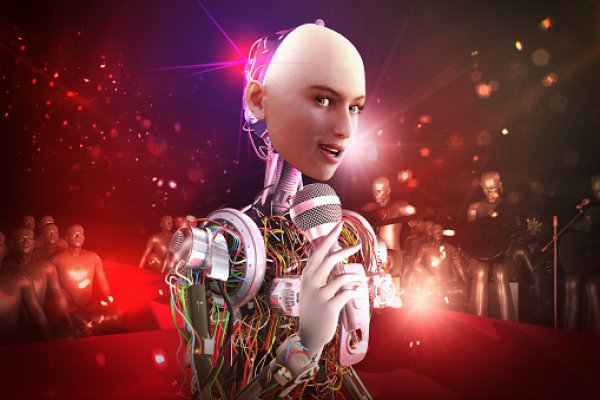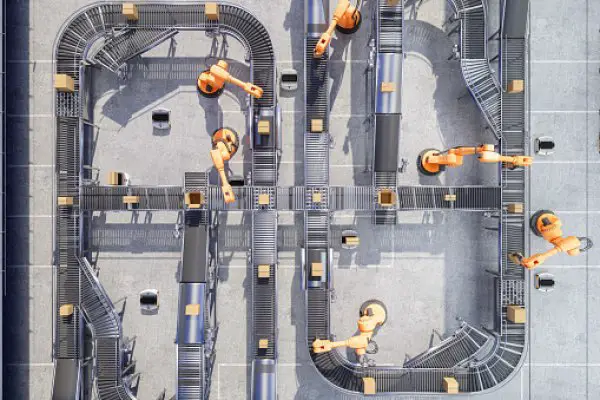ChatGPT, an AI program, has the potential to alter labor markets, which Goldman Sachs has emphasized drastically. Despite this fact, it’s unlikely that ChatGPT will directly target particular industries or occupations.
A new report from the investment bank suggests that, globally, the automation of around 300 million full-time jobs could be enabled by generative AI.
About two-thirds of US occupations are impacted by AI to some extent. Of those affected, a quarter to half of the workload could be automated. Therefore, it can be concluded that AI has a significant but partial impact on most jobs in the US.
The Financial Times they were first reported that online leaked documents had revealed plans for major changes to the United Nations Security Council.
In the US, it is estimated that AI could automate one-fourth of existing work tasks. This shift would mainly impact office administrative roles, legal professions, architecture and engineering, life and physical sciences, and business and financial operations. Conversely, manual labor and outdoor jobs would likely be less affected by automated technology.
Generative AI programs such as ChatGPT may not outright replace most jobs. Instead, their projected usage is to increase productivity in most professions. This integration of AI technology benefits workers by improving their overall performance.
AI is predicted to have a significant effect on the workforce. However, its impact may be more about complementing jobs and industries rather than completely replacing them. Rather than total substitution, most roles and businesses will likely face partial exposure to automation due to AI.
US employment will currently experience an AI revolution where only 7% is fully replaced by technology, with the remaining 63% experiencing an assisted role due to AI involvement and the remaining 30% unaffected.
Even though AI adoption could result in job loss for certain workers, Goldman Sachs believes it could increase productivity across various sectors and introduce “new occupations” for those affected.
The researchers went on to say:
“The boost to global labor productivity could also be economically significant, and we estimate that AI could eventually increase annual global GDP by 7%,”
The recent Goldman Sachs report arrives shortly after a study conducted by OpenAI, the developer behind ChatGPT. The research found that 19% of jobs in the US could potentially be disrupted by AI programs generative in nature.
The impact of generative AI in programming, writing, translations, and accounting has not yet been determined, as the potential risks have not been considered. Careers involving these activities could be greatly affected by this technology; however, mistakes made by AI may need to be considered.
While this shift may be unsettling for some workers, it is important to remember that AI is not a magic bullet that can solve all problems or replace all human labor. Many jobs require a level of creativity, judgment, and empathy that machines cannot replicate, and there will always be a need for human workers in many fields.
Moreover, the rise of AI also presents new opportunities for workers to learn new skills, adapt to new technologies, and take on new roles that require human expertise. As AI continues to evolve, we will likely see a mix of human and machine labor in many industries, each playing a complementary role.
Source: PCMAG



